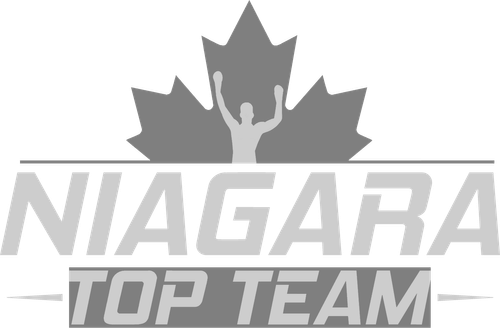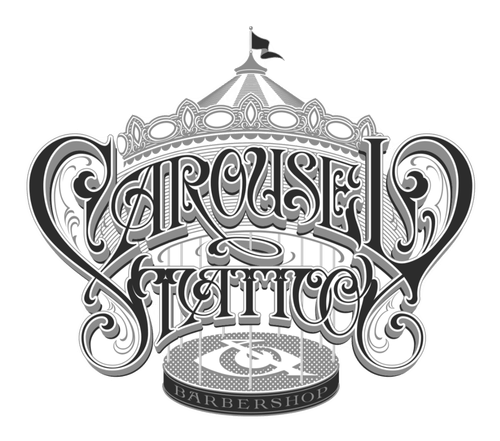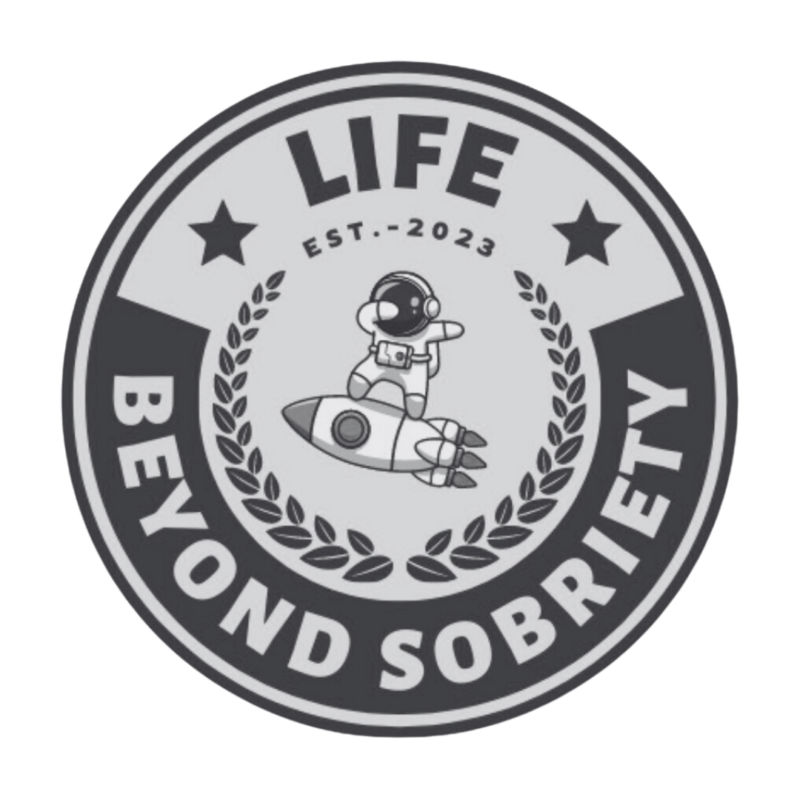Safe and Effective Addiction Recovery
The concept of holistic recovery is central to the philosophy at Twelve Mile Recovery. By addressing the physical, mental, emotional, and spiritual facets of addiction, the center provides a comprehensive treatment plan tailored to individual needs. This approach acknowledges that addiction is not merely a physical dependency but a multifaceted issue requiring diverse strategies for effective treatment.
Incorporating evidence-based therapies such as cognitive-behavioral therapy and mindfulness, the center aims to equip individuals with the tools necessary to navigate the complexities of recovery. This method is further enhanced by integrating non-traditional therapies like yoga and martial arts, which promote resilience and emotional regulation.
Evidence-Based Therapies
Psychological Interventions
Twelve Mile Recovery emphasizes psychological interventions, drawing from the latest scientific research to combat addiction. Cognitive-behavioral therapy (CBT) is a cornerstone of their approach, assisting clients in identifying and modifying negative thought patterns that contribute to addictive behaviors.
Mindfulness Practices
Mindfulness practices are integrated into treatment to foster self-awareness and present-moment focus. Techniques such as meditation help individuals manage stress and cravings, providing a sense of control over their recovery journey.
Unique Therapeutic Tools
A distinctive feature of Twelve Mile Recovery is the inclusion of martial arts as a therapeutic tool. The discipline and focus required in martial arts training can instill a sense of confidence and control, aiding in emotional regulation and stress reduction. This novel approach not only supports physical health but also enhances mental and emotional resilience.
The center also incorporates yoga and physical wellness programs. These activities work in harmony to improve both physical fitness and mental clarity, acting as powerful allies in the recovery process.
Personalized Treatment Plans
Recognizing that no two individuals experience addiction in the same way, Twelve Mile Recovery offers personalized treatment plans. These plans are crafted based on a thorough assessment of each client’s unique circumstances, ensuring that the chosen therapies align with their specific needs and goals.
This bespoke approach ensures that clients are fully supported throughout their recovery journey, with access to a broad spectrum of therapies and interventions.
Trauma-Informed Care
At the heart of Twelve Mile Recovery’s philosophy is trauma-informed care. This approach acknowledges the profound impact trauma can have on addiction and recovery. By creating a safe, supportive environment, the center empowers clients to explore and heal past traumas that may contribute to their addictive behaviors.
Through group and individual therapy sessions, clients are encouraged to process their experiences, gaining insights into the root causes of their addiction.
Trauma-informed care also involves training staff to understand and recognize the signs of trauma, enabling them to provide compassionate support tailored to each individual’s needs.
Community and Peer Support
Community and peer support are integral components of the treatment process at Twelve Mile Recovery. Through group therapy sessions, clients have the opportunity to connect with others facing similar challenges, fostering a sense of camaraderie and mutual support.
These connections serve as a vital lifeline during recovery, offering encouragement and accountability that extend beyond the confines of formal treatment sessions.
Peer support is facilitated by individuals with lived experience of addiction, providing relatable insights and encouragement based on their own journeys to sobriety.
Intervention Services and Outreach
For many families, intervention services are the first step towards seeking help for a loved one. Twelve Mile Recovery offers comprehensive intervention services designed to guide families through this challenging process.
Experienced interventionists work closely with families to develop a compassionate, effective strategy for approaching their loved one, focusing on creating a supportive environment that encourages acceptance of treatment.
Testimonials and Success Stories
Testimonials from those who have completed programs at Twelve Mile Recovery underscore the profound impact of their holistic approach. Many clients express gratitude for the supportive, non-judgmental environment that facilitated their healing and growth.
Stories shared by former clients highlight the transformative power of the center’s unique combination of evidence-based therapies, mindfulness practices, and community support.
Inpatient Drug Treatment Ontario With Counseling
Inpatient treatment at Twelve Mile Recovery offers a structured, immersive environment where clients can focus entirely on their recovery. This setting allows for intensive therapy and counseling, free from external distractions and triggers.
The inpatient program is designed to provide a comprehensive pathway to sobriety, addressing the complex interplay of physical, mental, and emotional challenges faced by individuals battling addiction.
Expert counselors work with clients to develop coping strategies and relapse prevention plans, equipping them for a successful transition back into everyday life.
The center’s commitment to nurturing the whole person ensures that individuals leave feeling empowered and prepared for the ongoing journey of recovery.
What is the wait time for rehab in Ontario?
In Ontario, the wait time for entering a rehab facility can vary significantly depending on the type of program and location. Publicly funded programs often have longer wait times due to high demand and limited spaces, sometimes several weeks or even months. However, private facilities like Twelve Mile Recovery can often accommodate individuals more quickly due to different operational dynamics. It’s crucial for individuals seeking treatment to contact centers early and explore multiple options to ensure timely entry into a program. Have you considered reaching out to multiple facilities to compare your options?
What is the most successful treatment for addiction?
The success of addiction treatment is highly individualized, and what works best can differ from person to person. Generally, a combination of evidence-based therapies, such as cognitive-behavioral therapy (CBT) and mindfulness, coupled with holistic approaches like those used at Twelve Mile Recovery, is considered highly effective. This center’s integration of martial arts and trauma-informed care addresses not just the physical aspects but also the psychological and emotional roots of addiction. Success often requires a personalized treatment plan that factors in an individual’s unique background and needs. What elements do you think would be most beneficial in a treatment plan for you or your loved one?
How much does rehab cost in Ontario?
The cost of rehab in Ontario can range widely, from free services provided by public health systems to several thousand dollars per month for private care. The investment in private rehabilitation centers like Twelve Mile Recovery can be justified by the comprehensive, personalized care they offer. These centers often provide more immediate access, diverse therapy options, and extensive aftercare services. Understanding the long-term value of a program, both financially and personally, is key to selecting the right treatment. It might be helpful to consider what specific services and features are most important to you when evaluating cost.
Does 30-day rehab work?
A 30-day rehab program can be an effective starting point, especially for individuals who require structure and initial stabilization. However, addiction is a complex, chronic condition, and longer-term or ongoing treatment is often necessary to sustain recovery. Facilities like Twelve Mile Recovery emphasize continuous support and aftercare, recognizing that recovery is a lifelong journey. It’s important to tailor the length of treatment to the individual’s needs and to include a variety of therapies that address underlying issues and promote sustained sobriety. Have you explored the possibility of participating in ongoing support after the initial 30-day treatment?
What role does community and peer support play in addiction recovery?
Community and peer support are crucial elements in the recovery process. They provide a sense of belonging, accountability, and shared experiences that can greatly enhance an individual’s commitment to sobriety. At Twelve Mile Recovery, clients engage with peers who have firsthand understanding of their challenges, fostering a supportive environment where individuals can freely share their struggles and successes. This communal aspect can be as transformative as the therapies themselves, instilling hope and a renewed sense of purpose. Have you considered joining a local support group or seeking opportunities to connect with others in recovery?
How is mindfulness integrated into addiction recovery?
Mindfulness is an integral part of the recovery process at Twelve Mile Recovery, aimed at increasing self-awareness and reducing stress. Practices like meditation and breathing exercises help individuals focus on the present, manage cravings, and build emotional resilience. This approach empowers individuals to respond better to triggers and make conscious choices instead of acting on impulse. Integrating mindfulness can transform the way one perceives challenges and supports mental clarity and emotional balance. What are some mindfulness practices you’ve tried, and how have they impacted your daily life?
Why is trauma-informed care important in addiction treatment?
Trauma-informed care is essential because many individuals with substance use disorders have experienced trauma that contributes to their addiction. Twelve Mile Recovery prioritizes creating a safe, supportive environment where clients can explore and heal from past traumas. This approach not only addresses the symptoms but also uncovers the underlying causes of addiction. By understanding trauma’s impact, the center tailors care to ensure compassionate and personalized treatment. Addressing these deep-seated issues is vital for long-term recovery and personal growth. Have you considered how past experiences may be influencing your or a loved one’s current challenges?
Resources
- Substance Abuse and Mental Health Services Administration (SAMHSA) – SAMHSA is a government agency that works to reduce the impact of substance abuse and mental illness on America’s communities.
- Psychology Today – Psychology Today provides information on various evidence-based therapies like Cognitive Behavioral Therapy (CBT) and their effectiveness in treating addiction.
- National Center for Complementary and Integrative Health (NCCIH) – NCCIH is part of the National Institutes of Health and focuses on research into integrative health practices like yoga and mindfulness.
- National Association for Alcoholism and Drug Abuse Counselors (NAADAC) – NAADAC is a professional association for addiction counselors and provides resources on personalized treatment plans and trauma-informed care.
- National Alliance on Mental Illness (NAMI) – NAMI offers resources on community and peer support for individuals struggling with mental health and addiction issues.
- National Institute on Drug Abuse (NIDA) – NIDA is a government agency that conducts research on drug abuse and addiction, providing valuable insights into intervention services and outreach strategies.












